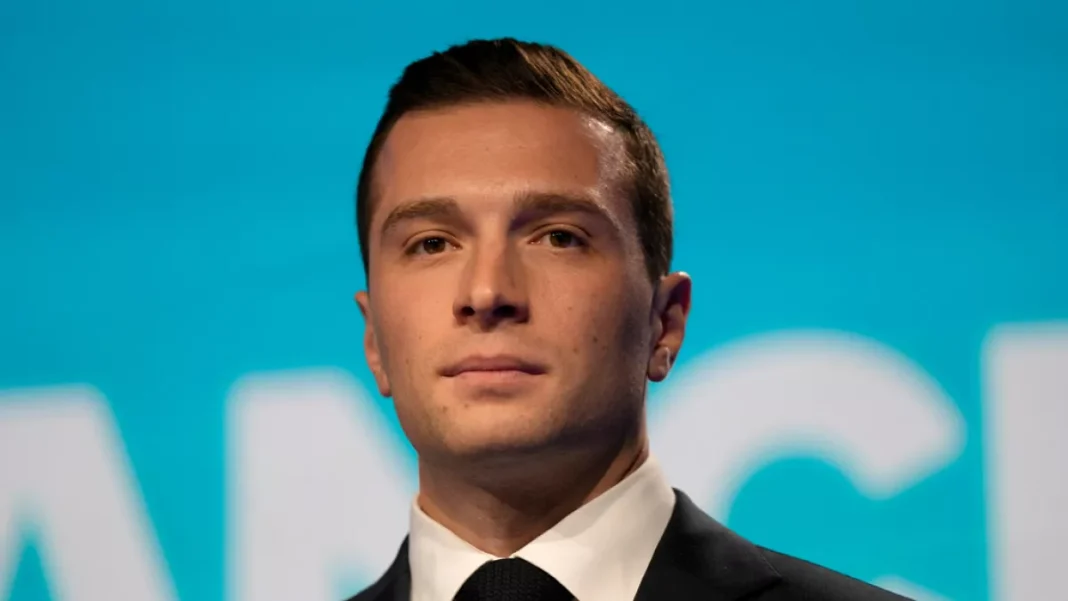Paris, June 20, 2024 – Jordan Bardella, the leader of France’s National Rally (RN) party, has reaffirmed his commitment to France’s obligations within NATO as his party leads in opinion polls ahead of the snap parliamentary elections on June 30 and July 7.
This surge in popularity has sparked discussions about potential shifts in France’s foreign policy should the RN secure enough seats to form a government.
Speaking at the Eurosatory arms fair near Paris, Bardella emphasized his stance on Ukraine, advocating for the provision of necessary ammunition and equipment to the war-torn country while drawing a firm line against actions that could escalate the conflict in Eastern Europe.
“My red line will not change, which is sending equipment that could have consequences of escalation in eastern Europe,” Bardella stated. “I don’t plan to send, especially, long-range missiles or other weapons that will allow Ukraine to strike the Russian territory.”
Bardella’s statements come at a time when France’s political landscape faces significant potential changes. If the RN were to lead the government, President Emmanuel Macron would remain in office, continuing his role as the head of the French military.
However, the French constitution grants the prime minister substantial influence over defense, making the division of power between the presidency and the prime minister’s office somewhat ambiguous.
In such a scenario, Macron would retain control over France’s domestic agenda, encompassing economic policy, security, immigration, and finances.
These domains could indirectly impact other critical areas, such as aid to Ukraine, as the president would require parliamentary support to allocate funds within France’s annual budget.
Bardella also addressed concerns about France’s defense commitments, emphasizing continuity and stability in international alliances.
“I don’t plan to put into question the commitments made by France on the international level,” he assured, highlighting the importance of maintaining credibility with European partners and NATO allies.
He reiterated his support for ongoing efforts to bolster France’s defense capabilities, pledging to continue increasing the military budget in line with previous initiatives.
The RN leader’s remarks come amidst a complex geopolitical environment where NATO’s role and the balance of power in Europe are under intense scrutiny. Bardella’s cautious approach to military aid for Ukraine reflects a broader concern about regional stability and the risks of further escalation.
As the parliamentary elections approach, Bardella’s positions on defense and international commitments are likely to be scrutinized by voters and political analysts alike.
The outcome of these elections could significantly influence France’s domestic and foreign policies, particularly in relation to its role within NATO and its stance on the ongoing conflict in Ukraine.
Bardella’s firm yet measured approach to France’s international obligations signals a commitment to maintaining stability while navigating the challenges posed by the current geopolitical landscape.
Whether this approach will resonate with the electorate and translate into electoral success for the RN remains to be seen, but it undeniably sets the tone for the party’s potential governance strategy.
This article was created using automation technology and was thoroughly edited and fact-checked by one of our editorial staff members



